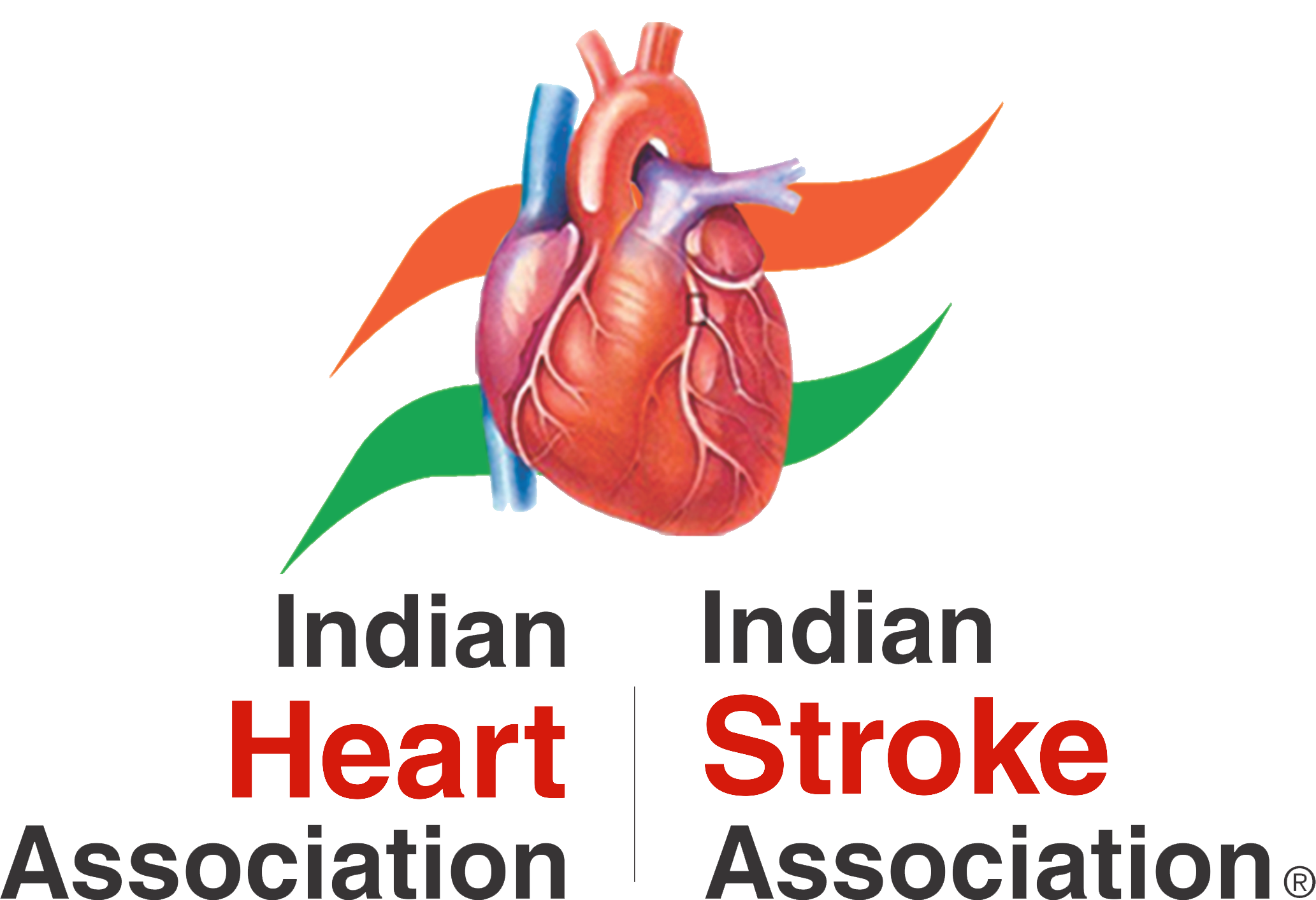Heart disease is not just an issue for South Asian men. A woman’s lifetime risk of dying from heart disease is eight times greater than that of breast cancer! Heart disease in women has tragic consequences for families and society. The Indian Heart Association wants to help.
South Asian women and heart disease:
While women tend to have heart attacks later than men due to the effects of estrogen, in most other situations, they have worse statistics than men. Women are more likely to have atypical presentations of heart attacks such as indigestion or tiredness rather than chest pain. Women are less likely than men to obtain preventative recommendations for heart disease from their physicians. In addition, women are less likely to have aggressive management of their risk factors such as high cholesterol with medications. Women have higher mortality (death) and morbidity (disability) rates from heart disease, are more likely to have a second heart attack, and are less likely to receive timely intervention during a heart attack than men. These facts are startling and should serve as a wake-up call to South Asian women.
Estrogen and heart disease:
Natural estrogen is protective for the heart prior to menopause, therefore South Asian women tend to get heart attacks 10 to 15 years later than men. However after menopause, with declining estrogen levels,a woman’s risk for heart disease not only approaches but surpasses that of a man with similar risk factors once a women is greater than 75 years of age.
Post-menopausal women also have a poor lipid profile with higher LDL (bad) cholesterol, more harmful dense and smaller LDL particles, lower HDL (good) cholesterol, and higher triglycerides. South Asians also have low levels of a very important type of good cholesterol called HDL2b, with nearly two thirds of South Asian women deficient.
Long-term hormone replacement therapy often used to be prescribed to relieve post-menopausal symptoms and was believed to reduce the risk for heart disease. The largest randomized, scientific study to date, however, found a small but significant increase in heart disease in postmenopausal women using combined (both estrogen and progestin) hormone therapy. If you are considering estrogen supplementation for post-menopausal symptoms such as hot flashes, speak to your doctor about the risks versus benefits of estrogen supplementation
Heart disease risk factors in women:
Similar to South Asian men, women have both standard and non-standard risk factors for heart disease. Standard risk factors include high LDL cholesterol, low HDL cholesterol, diabetes, family history of heart disease, hypertension (BP), lack of physical activity, and tobacco smoking. Smoking and diabetes in particular has a stronger impact on heart disease risk in women than in men.
Metabolic syndrome (high lipids, abdominal obesity, diabetes, high blood pressure) in particular is a stronger predictor for heart disease in South Asian women than their male counterparts. A South Asian woman with an abdominal circumference over 32 inches is considered obese, while this number is 36 inches for other ethnic groups.
Women who have had recurrent miscarriages (including those with elevated homocysteine levels) are at particularly high risk for heart disease. In addition, non-standard risk factors such as elevated lipoprotein(a) and C-reactive protein (CRP) are important in women.
What can South Asian women do?
Awareness is the most important factor and by reading the Indian Heart Association website you have already made the first step. Proper nutrition and regular physical activity are important for South Asian women, particularly to decrease the risk for metabolic syndrome and abdominal obesity. Decreasing processed carbohydrates such as white rice and strictly avoiding trans fat is important. Daily physical activity for 30 minutes daily (moderate intensity such as walking) at least five days per week can both be fun and help your heart! Finally, speak to your physician about risk factor management including your family risk for heart disease and learn more from the resources below.
Further Reading
NHLBI US Government How Does Heart Disease Affect Women: http://www.nhlbi.nih.gov/health/health-topics/topics/hdw
Stanford South Asian Women and Heart Disease: https://stanfordhealthcare.org/stanford-health-now/2015/south-asians-heart-disease-qa.html
CADI Research Foundation Heart Disease in South Asian Women: http://www.cadiresearch.org/topic/women/south-asian-women-and-cad
Mayo Clinic Hormone replacement therapy and your heart: http://www.mayoclinic.org/diseases-conditions/menopause/in-depth/hormone-replacement-therapy/art-20047550
